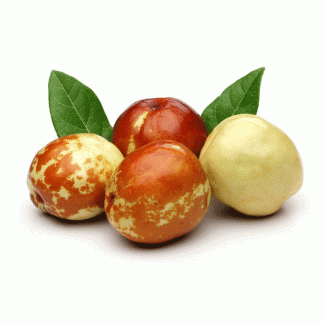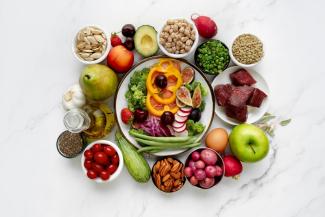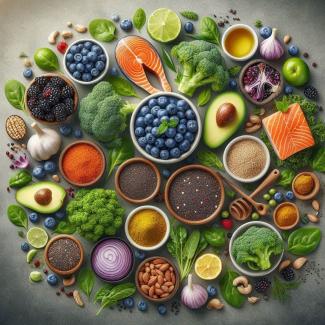
Several vitamins and minerals are important for healthy hair, but one of the most crucial vitamins for hair health is biotin, also known as vitamin H or B7. Biotin plays a key role in the health of your hair, skin, and nails. It is involved in the production of keratin, a protein that makes up the structure of hair.
In addition to biotin, other vitamins and minerals that are important for healthy hair include:
- Vitamin A: It helps produce sebum, an oily substance that keeps the scalp and hair moisturized.
- Vitamin C: This antioxidant vitamin is important for collagen production, which is essential for the structure of hair.
- Vitamin D: A deficiency in vitamin D has been linked to hair loss, so ensuring you have adequate levels is important.
- Vitamin E: An antioxidant that can help improve hair health and reduce oxidative stress.
- Vitamin B complex: B vitamins, such as B12, B6, and folate, play a role in hair growth and overall scalp health.
- Iron: Iron deficiency can lead to hair loss, so maintaining sufficient iron levels is crucial.
- Zinc: Zinc supports hair growth and can help prevent hair loss.
- Omega-3 fatty acids: These healthy fats are important for maintaining scalp health and promoting shiny, well-nourished hair.
- Niacin (Vitamin B3): Niacin can help improve blood circulation to the scalp and promote healthy hair growth.
It's important to note that while these vitamins and minerals are important for hair health, excessive intake of any one nutrient may not necessarily lead to better results and could even be harmful. A balanced diet that includes a variety of foods rich in these nutrients is the best way to support healthy hair. If you're concerned about your hair health, it's advisable to consult with a healthcare professional or a dermatologist to determine the underlying causes of any issues and receive personalized guidance.






